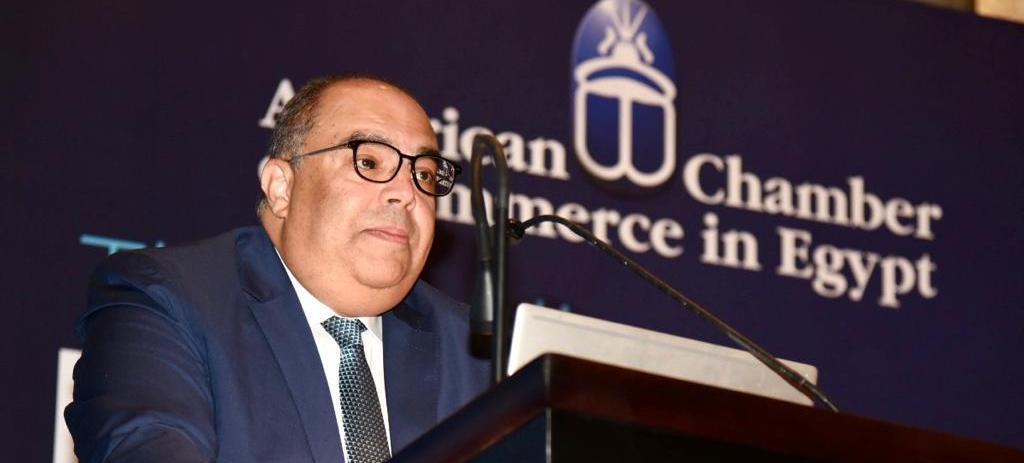The Central Bank of Egypt (CBE) has released its Balance of Payments (BoP) statement for the fiscal year 2022/2023, which demonstrates improvements in several sectors while revealing setbacks in others.
Overall, the BoP indicates a significant turnaround, with the record revenues from tourism and the Suez Canal transforming a $10.5 billion deficit in the BoP for FY2022/2023 into a surplus of $882 million for FY2022/2023.
According to the BoP data, Egypt’s tourism revenue saw a remarkable 26.8% year-on-year increase in FY2022/2023, reaching $13.6 billion. Additionally, Suez Canal revenue experienced a substantial 25.2% year-on-year growth, reaching an all-time high of $8.8 billion.
“The improvements in these sectors are attributed to the rise in global oil prices and the increased crossing fees for the Suez Canal implemented by Egypt. Furthermore, the country’s stability and its efforts to boost the tourism sector have contributed to reaching this record level of revenues,” stated Mona Bedair, chief economist and former senior economist at Prime Holding, in an interview with Business Monthly.
The government has initiated a plan with the goal of doubling the number of tourists visiting Egypt to reach 25-30 million by 2028. Egypt is also pursuing a plan to increase its US dollar reserves, aiming to reach $191 billion by 2026, with 20% of these reserves expected to come from tourism revenues.
FDI
In the realm of foreign direct investment (FDI), the BoP statement highlighted a significant surge in FY2022/2023, with FDI inflows reaching $10 billion, up from the $8.9 billion reported in FY2021/2022. Meanwhile, FDI outflows showed a notable decrease, dropping to $3.8 billion, compared to the $21 billion recorded in FY2021/2022.
Bedair attributed this improvement to Egypt’s progress in its privatization program, including its successful initial public offering (IPO) initiatives that attracted sovereign funds from several Gulf countries.
This year, the Egyptian government revealed that it had raised $5 billion through the sale of stakes in 13 state-owned companies between March 2022 and July 2023. These companies included Commercial Bank International (CIB), Fawry, Abu Qir Fertilizers, MOPCO, and Alexandria Container & Cargo Handling. The stakes were sold to prominent entities such as the Abu Dhabi Holding Company (ADQ), the Saudi Public Investment Fund (PIF), and the Abu Dhabi Fund for Development.
Oil and gas
BoP data reflected a substantial decline in Egypt’s petroleum trade balance in FY2022/2023, with a reduced balance of $410 million, compared to $4.4 billion recorded in FY2021/2022. This decrease was primarily attributed to declines in both exports and imports.
According to the figures from the CBE, petroleum exports experienced a significant drop of $4.2 billion, including a $988.1 million decrease in natural gas exports, resulting in a total of $13.81 billion for FY2022/2023 compared to $17.97 billion in FY2021/2022. Additionally, petroleum product imports decreased slightly by $138.1 million, reaching $13.4 billion in FY2022/2023, compared to $13.54 billion in the previous fiscal year.
Regarding the non-oil trade deficit, the data revealed a notable reduction to $31.6 billion in FY2022/2023, down from the $47.8 billion reported in FY2021/2022. This reduction was driven by a 22.2% decrease in both imports and exports.
Bedair explained that the non-oil trade deficit was influenced by factors such as Egypt’s U.S. dollar shortage crisis, import restrictions, disruptions in global supply chains, difficulties in accessing raw materials, and cost increases. Despite the depreciation of the Egyptian pound three times since March 2022, non-oil exports did not experience significant improvements.
In a calendar year forecast, Bedair anticipates that Egypt’s current account deficit will decrease by the end of 2023 to nearly $8 billion. This prediction is supported by the performance of the current account deficit in the first half of 2023.
Several factors contribute to this scenario, including ongoing import restrictions, a projected decline in exports due to halted natural gas exports, and the impact of global economic crises on Egypt’s total exports.
However, Bedair expects a robust recovery in the tourism sector, which can potentially offset the expected declines in other sectors. She also cautioned that tensions between Israel and the Palestinian side could negatively affect Egypt’s Balance of Payments and current account deficit, depending on the nature and developments of the conflict.







